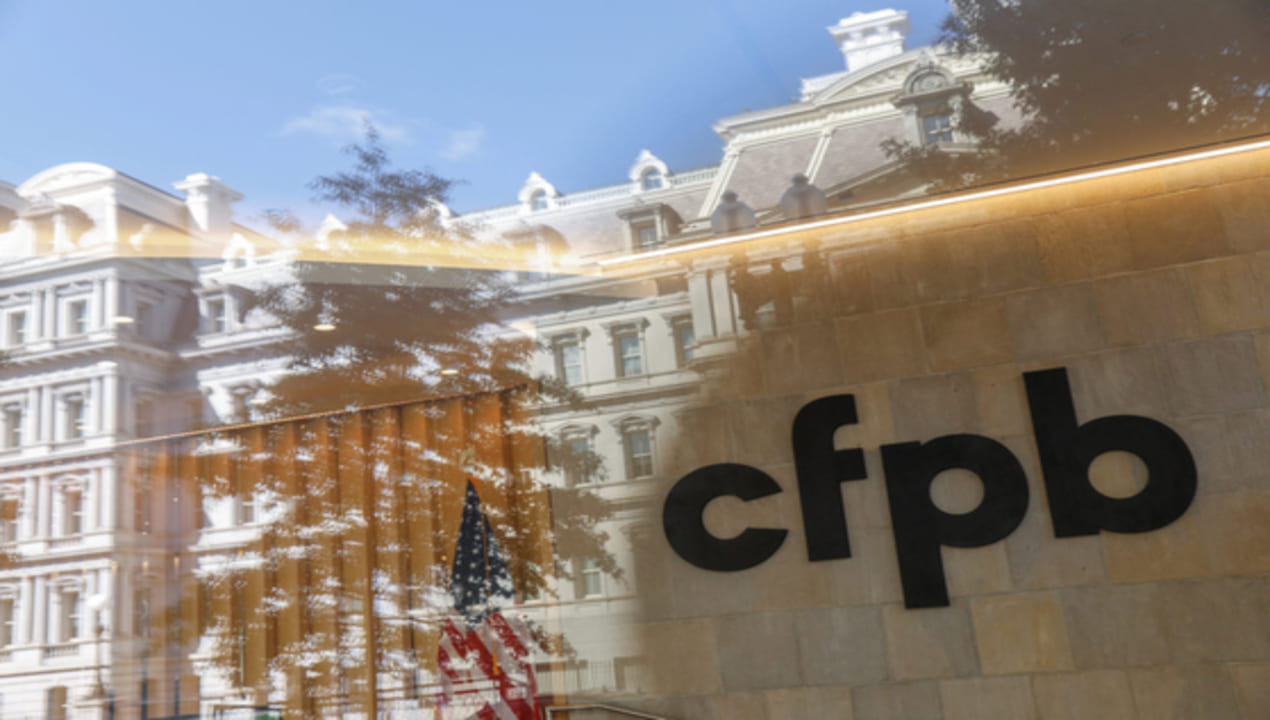
Independent Report – Despite President Donald Trump’s recent executive order addressing banking discrimination, very few Americans who have experienced account closures cite political bias as a reason. According to CFPB Data from the U.S. Consumer Financial Protection Bureau, less than one percent of detailed complaints about closed checking or savings accounts over the past 13 years mention political or religious motivations. This raises questions about the scale of the issue compared to claims made by the White House.
Earlier this month, President Trump signed an executive order instructing banks not to deny services based on political or religious beliefs. The move came after the administration highlighted what it described as systemic discrimination against conservative clients. The White House emphasized that the order aims to prevent financial institutions from undermining free expression and limiting economic opportunities for Americans, according to CFPB Data reviewed in recent analysis.
While the executive order frames “debanking” as a widespread problem, the data suggests it is rarely cited by consumers as a reason for losing access to banking services. Out of 8,361 detailed complaints submitted to the CFPB since 2012, only 35 contained terms such as “politics,” “religion,” “conservative,” or “Christian.” Reuters’ review of the data indicates that these cases are an extremely small portion of all complaints.
Also Read : Times Square Reopens After Police Investigation in New York
Amanda Jackson, director of Americans for Financial Reform, a coalition of progressive groups, said the focus on debanking as a political issue is largely unfounded. She described it as a convenient excuse for political attacks, emphasizing that other problems, such as ensuring fair access to banking for low-income consumers, are more pressing. According to Jackson, banks face the challenge of balancing fraud prevention with inclusive service, and they have not systematically cut off customers because of political beliefs.
The White House, however, maintains that politically or religiously motivated account closures have occurred. Rachel Cauley, communications director for the Office of Management and Budget, which oversees the CFPB under acting director Russell Vought. Referred to cases involving the Trump family and other conservatives. She described these actions as an “Orwellian censorship tactic” that threatens basic American rights. The administration insists that access to banking services is fundamental for all citizens.
The CFPB data does not disclose personal information about complainants. While the 35 complaints referencing politics or religion did not include proof that accounts were closed for these reasons. The individuals expressed suspicion that bias played a role. One 2023 complaint filed against JPMorgan claimed that the closures were discriminatory based on race, religion, or political views.
JPMorgan responded firmly, stating that the bank does not close accounts for political or religious reasons under any circumstances. The bank supports a nationwide prohibition on such practices and encourages greater transparency when accounts are closed for other reasons. A spokesperson emphasized that the bank maintains its commitment to fair service across all customer groups.
Some legal experts supportive of Trump’s order argue that the small number of complaints may not reflect the true prevalence of the problem. Brian Knight, senior counsel at Alliance Defending Freedom, a Christian legal organization. Noted that banks are not required to share detailed explanations with clients whose accounts are closed. He said the lack of information-sharing mechanisms outside of litigation could make it difficult to verify potential political or religious discrimination.
Overall, while the executive order frames debanking as a significant concern. Evidence from the CFPB suggests that few consumers have formally identified political or religious bias as the reason for account closures. The debate highlights the tension between regulatory oversight, consumer protections, and claims of discrimination. As banks continue to navigate fraud prevention and fair access, the scale of politically motivated debanking appears limited. Even as policymakers and advocacy groups push for clearer transparency and accountability in the financial system.
Also Read : Officially Married! Kim Jong Kook Surprises Fans with an Unexpected Message